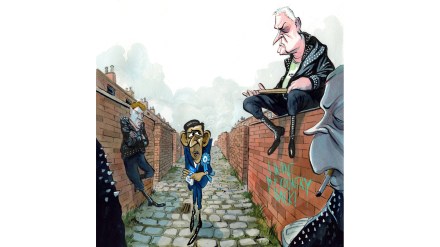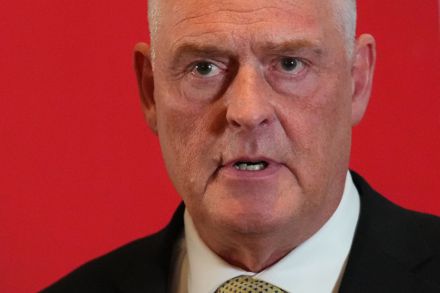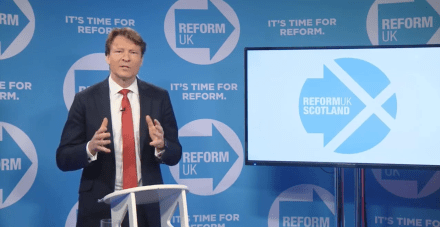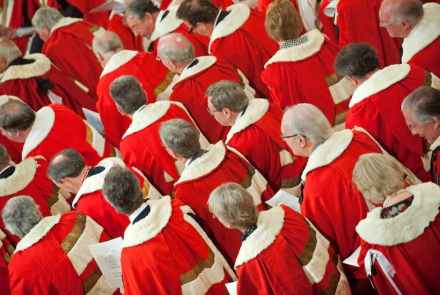Letters: why I’m voting Reform
Back to 1976? Sir: Your leading article perfectly reflects the public’s attitude to the manifestos of the major parties (‘Challenging democracy’, 29 June). No one has a plan that can remotely be seen as likely to work. Each party promises goodies they have no idea how to pay for; the only question is who will bankrupt us first. As ever, it is easy to distribute largesse, but no one has a clue how to remove it. We are heading towards a rerun of 1976 when the Labour government had to go cap in hand to the IMF. Those old enough can remember inflation of 25 per cent and a Bank

















